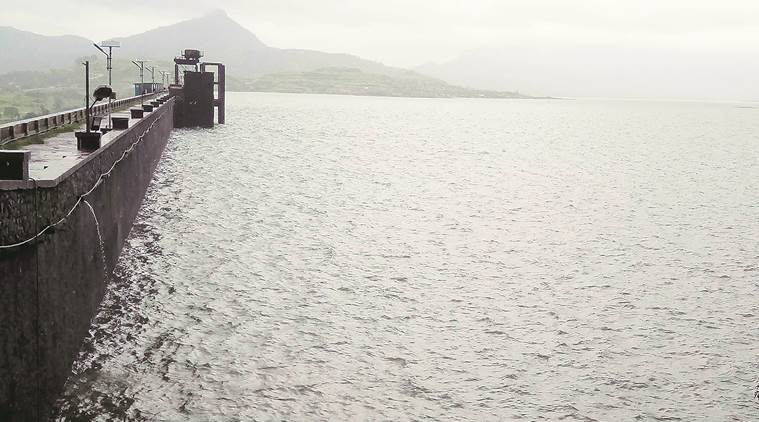
As we move to the real possibility of some kind of strategic planning in June, the effectiveness of coalition regimes becomes an interesting question. The late T S R Subramanian, cabinet secretary in the Deve Gowda/ I K Gujral United Front ministry, wrote an interesting book setting out the contours of reform during his tenure in the ministry. It is an impressive chronicle by any standard.
Planning in a strategic sense was revived and agriculture was accorded priority after the thoughtless WTO agreements signed by the Narasimha Rao government. A special programme was designed to revive water deliveries and public sector investment in agriculture was revived, inducing private on farm revival.
P Chidambaram brought back an offer from the Germans for large power projects and Parliament approved the special arrangement for negotiating such plants (STPs). As the power minister, I asked for and got these powers by declaring I am not corrupt and my country must get the advantage Chidambaram negotiated. The first big transmission system in a STP was sanctioned to British Power. That the process was completed was not even known to the NDA government, which claimed this reform as its own much later.
Special arrangements of a transparent nature were authorised to negotiate offers of STPs from foreign governments with Parliament’s unanimous approval. The power sector was in a virtual logjam at the end of the Narasimha Rao government’s tenure. We encouraged trans border trade of energy with neighbouring countries. The National Grid was around the corner.
India conducted negotiations with France for nuclear power strategies via the thorium route.
In the 50th year of India’s Independence, the prime minister announced Suvarna Jayanti Fellowships for 50 distinguished young Indian scientists so they could work at the frontiers of knowledge and technology with Indian money and not be dependent for foreign grants. At that time they were to get a fellowship, corresponding to the highest public sector salaries in India and a laboratory grant of a crore. The bureaucracy which never liked schemes that give status to men of science did not change the money value of these schemes, inflation was left to do its dirty work. As a result, the scheme is today a pale shadow of what it was in the UF times.
Water security to me is more important as a national task than food security for any national coalition. Water, energy and other non renewable resources like land will set the eventual limits of growth in the country. When the Union Ministry of Water Resources (MoWR) asked me to chair a committee to develop a draft framework law for the water sector, I accepted the task. This work has gained relevance because in 2017, the MoWR introduced a Bill on The National Water Framework in Parliament in 2017. It follows, in the main, the draft act my committee had prepared with one change — the Bill did not accept my committee’s recommendation that everyone must be entitled to a minimum amount of water.
The framework drafted by the committee headed by me is meant to provide the larger structure for organising support mechanisms to states and communities. These pertain to local government agencies, community-based institutions, management of ponds, water bodies, watersheds, aquifers and river basins. Once these mechanisms are fully in place, the role of the national agency is largely that of a facilitator. The framework provides for a web based information system(WRIS). It will use mapping systems and satellite-based technologies.
The water resources law has to detail how to give every India a minimum quantity of water to survive.